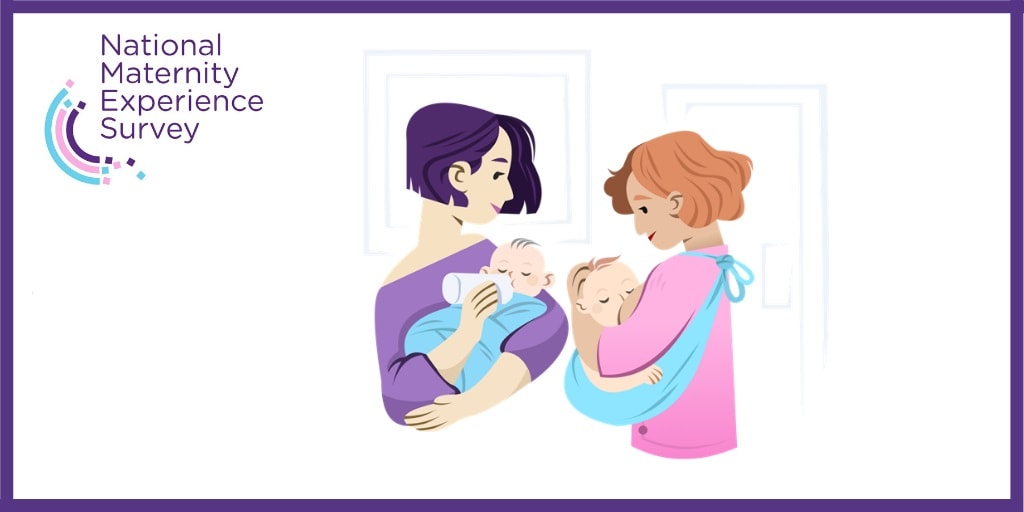The Rotunda Hospital, Ireland’s busiest and leading maternity hospital, has welcomed the results of the National Maternity Experience Survey (NMES), which were launched today. The survey is a joint initiative by HIQA, the HSE and Department of Health, offers women the opportunity to share their experiences of Ireland’s maternity services. The aim of the survey is to learn from the experiences of women to improve the safety and quality of the care that they and their baby receive.
708 women who gave birth in the Rotunda in October 2019 were invited to participate; and 355 women completed the survey (47% response rate). 36% were aged 30 – 34 years and 34% were aged 35 – 39 years, while 51% had no previous births.
There were 68 questions which captured the whole maternity pathway from antenatal care, through labour and birth, to postnatal care in the community. The report includes women’s experiences of the care provided both in the Rotunda Hospital, and by general practitioners and public health nurses in the community.
Overall, 86% of participants rated their overall experience in the Rotunda Hospital as ‘good’ or ‘very good’. The hospital scored higher than the national standard in the following areas:
- Skin-to-skin contact with their baby shortly after the birth – 9.6 out of 10
- ‘Care while pregnant (antenatal care)’ – 7.5 out of 10
- Care in hospital after the birth’ – 7.6 out of 10
The Master of the Rotunda Professor Fergal Malone welcomed the survey findings. He said:
“It is gratifying to note that the vast majority of patients who have utilised the Rotunda Hospital for care rate the hospital very highly, and that these ratings exceed the national averages. The Rotunda is the Maternity Hospital of Choice, and as such is committed to listening to our patients views and experiences, as well as being responsive to all positive and negative feedback received. We intend to further improve our services in light of the results of the National Maternity Experience Survey, in particular by focussing on better communication with patients, improving access to information, driving improvements in our physical infrastructure, and maximising our staffing with midwives, breastfeeding support and mental health support. We have outlined a range of specific interventions and new programme development to further improve the service experience at the Rotunda.”
The hospital has identified a number of quality improvement initiatives from the results, which are being progressed since the survey was undertaken.
Information on the Rotunda’s report and the quality initiatives to address the opportunities for improvement identified are available on yourexperience.ie


